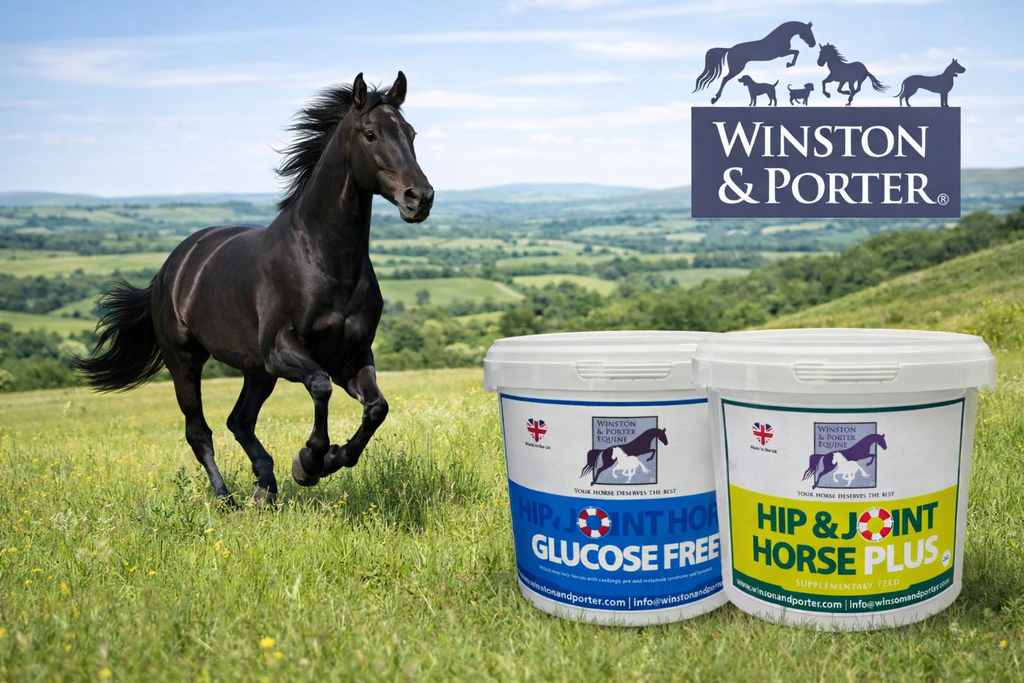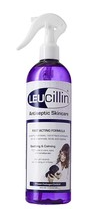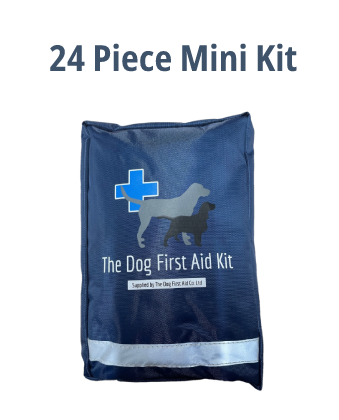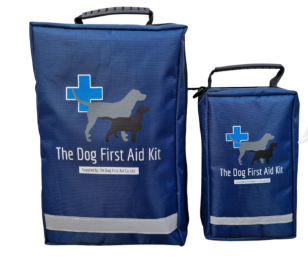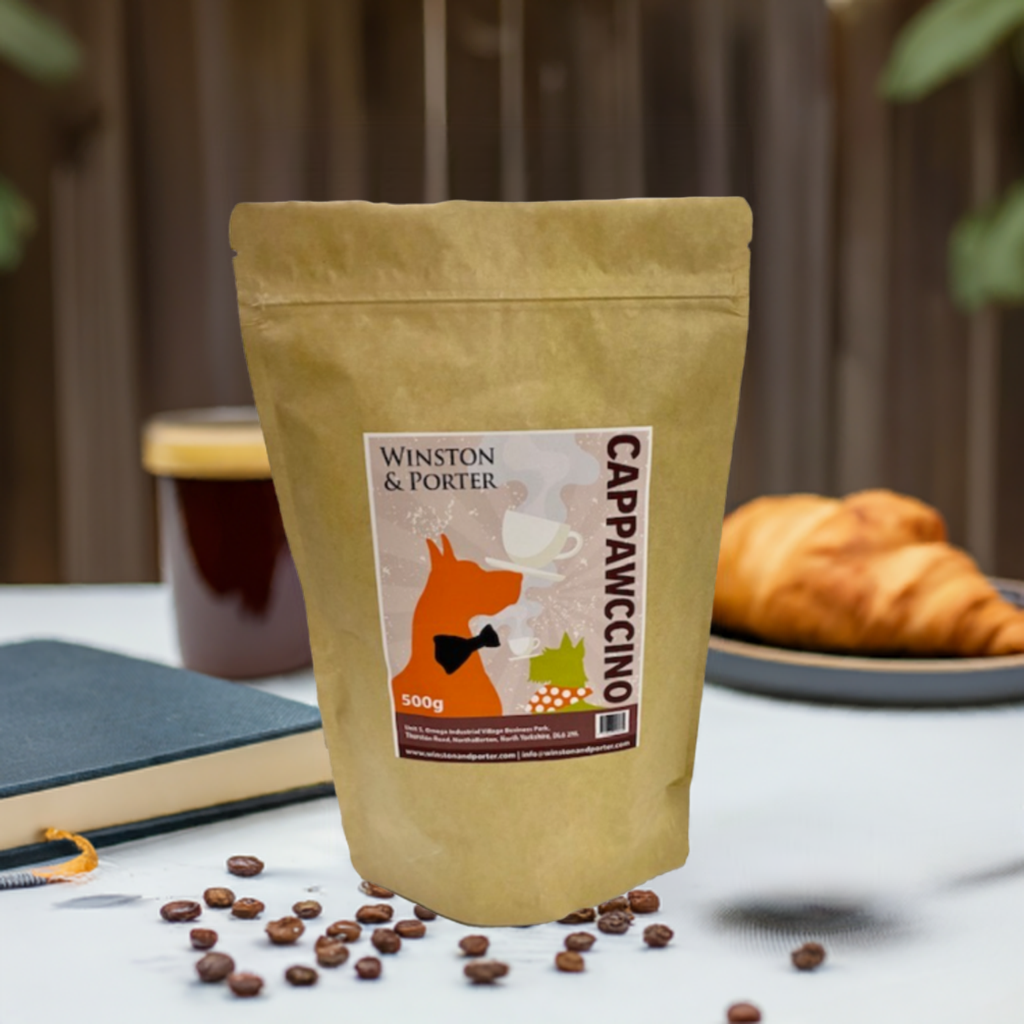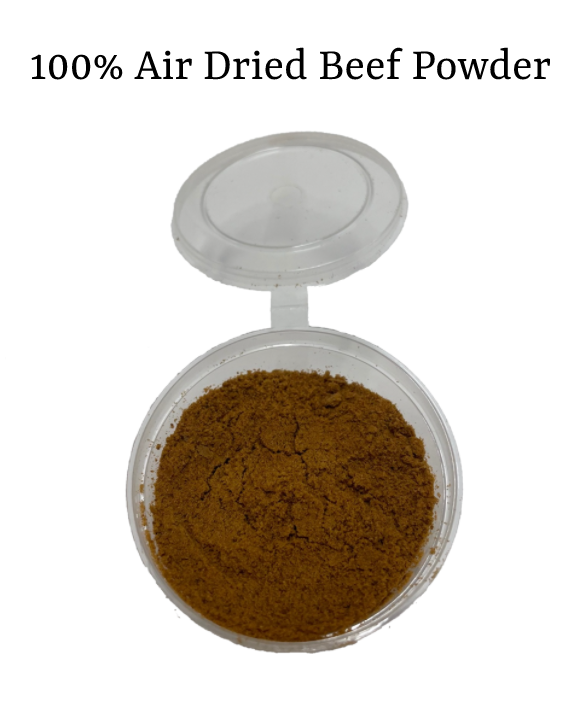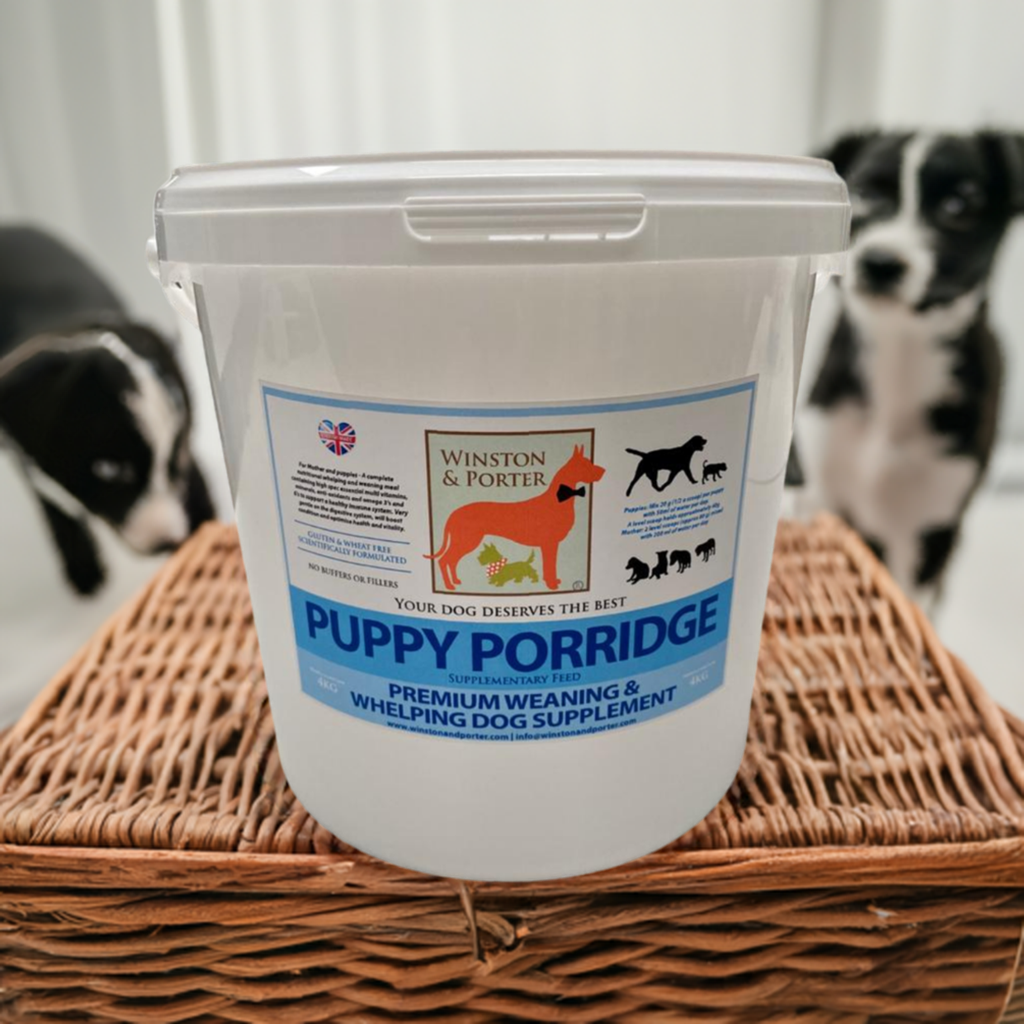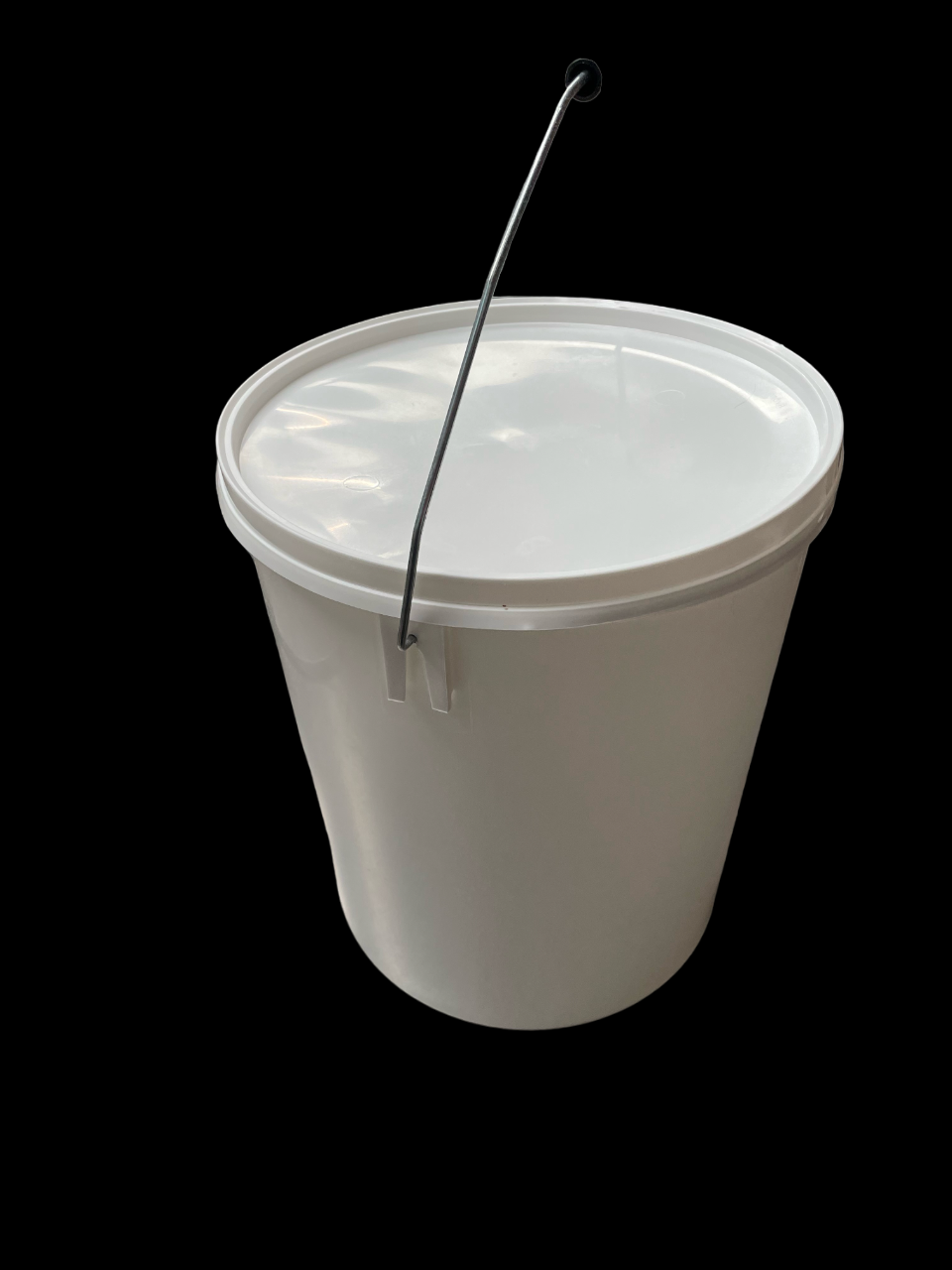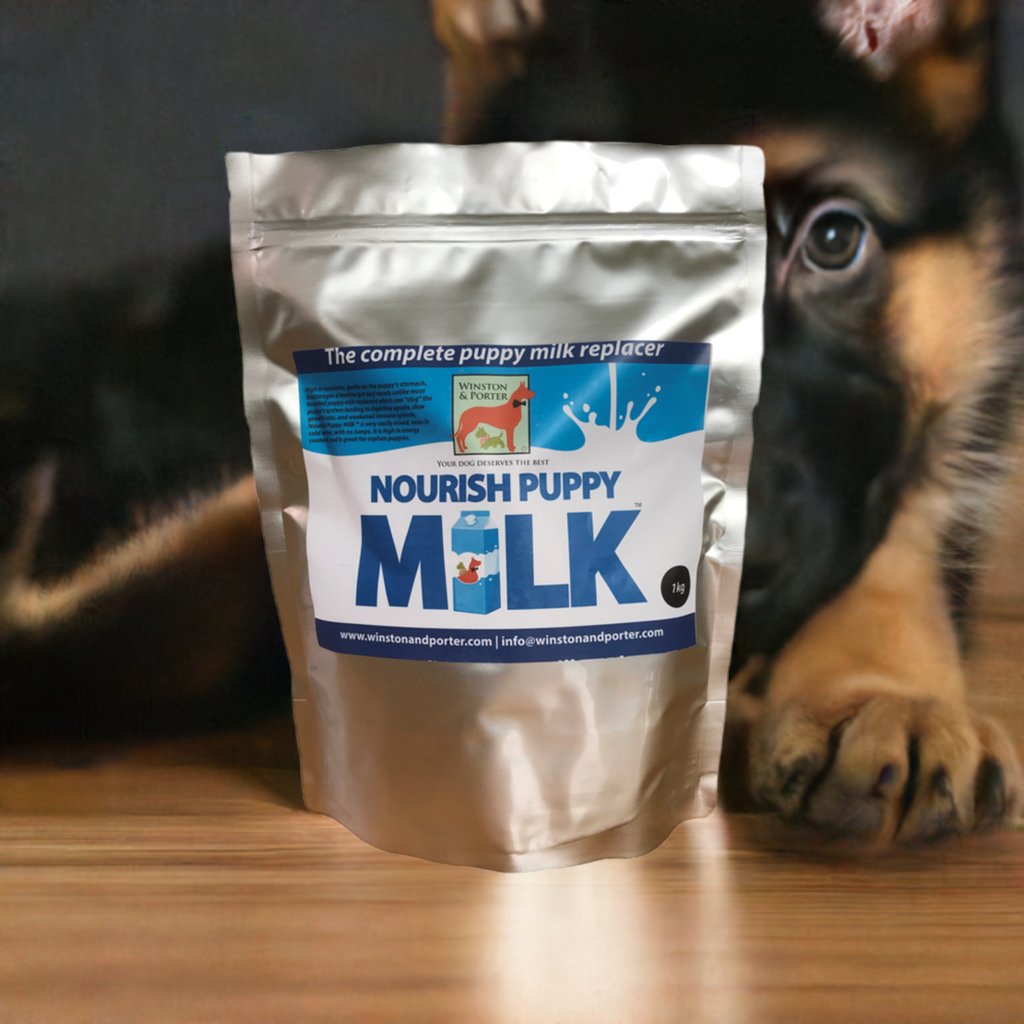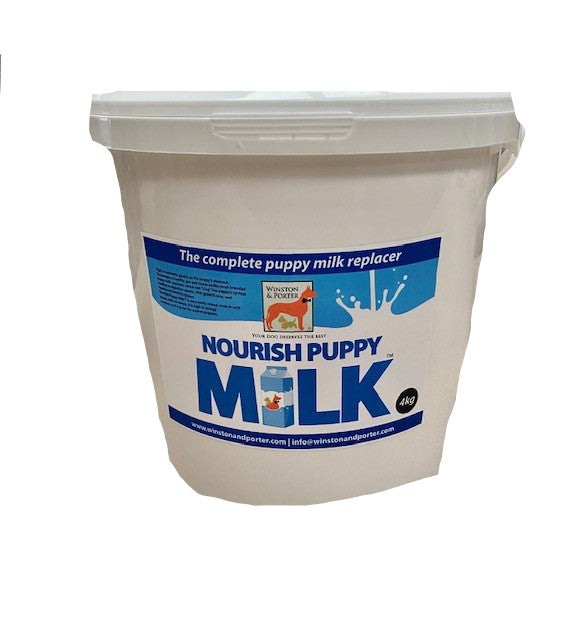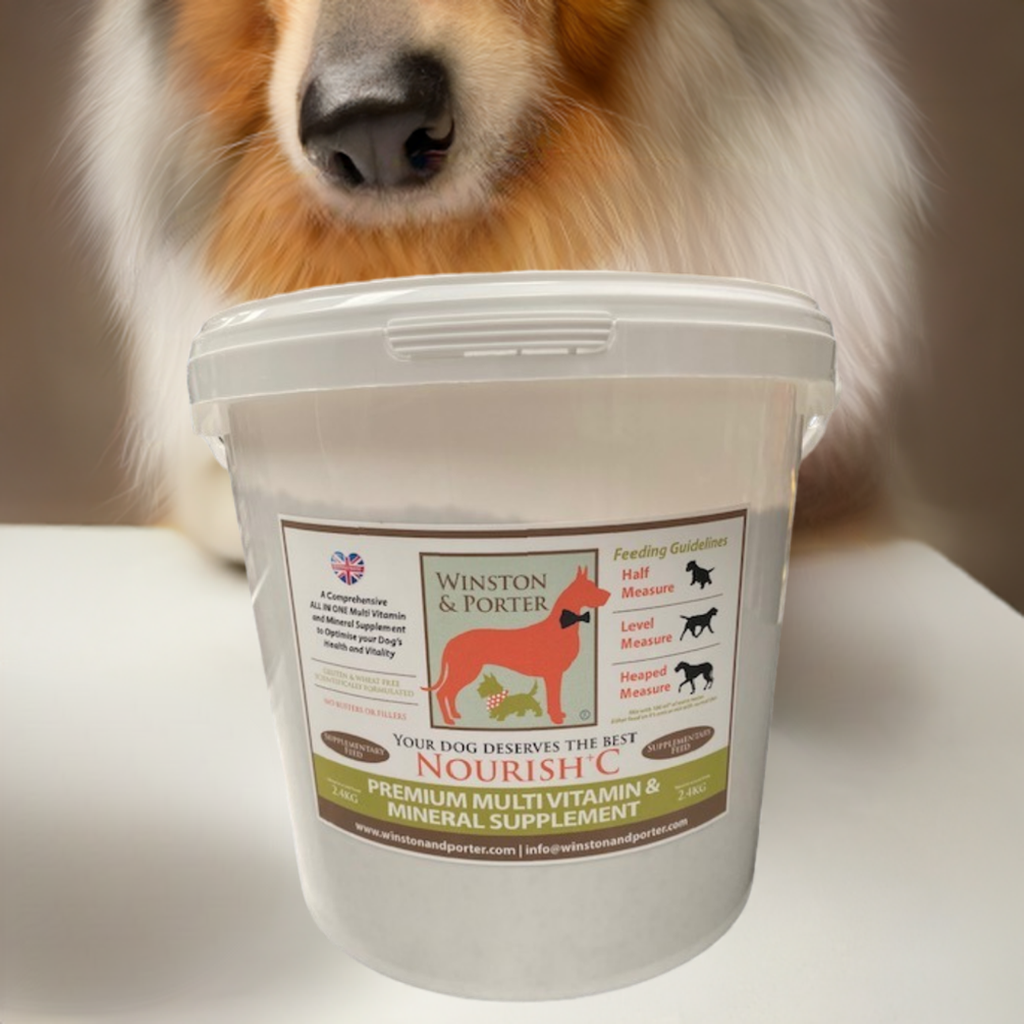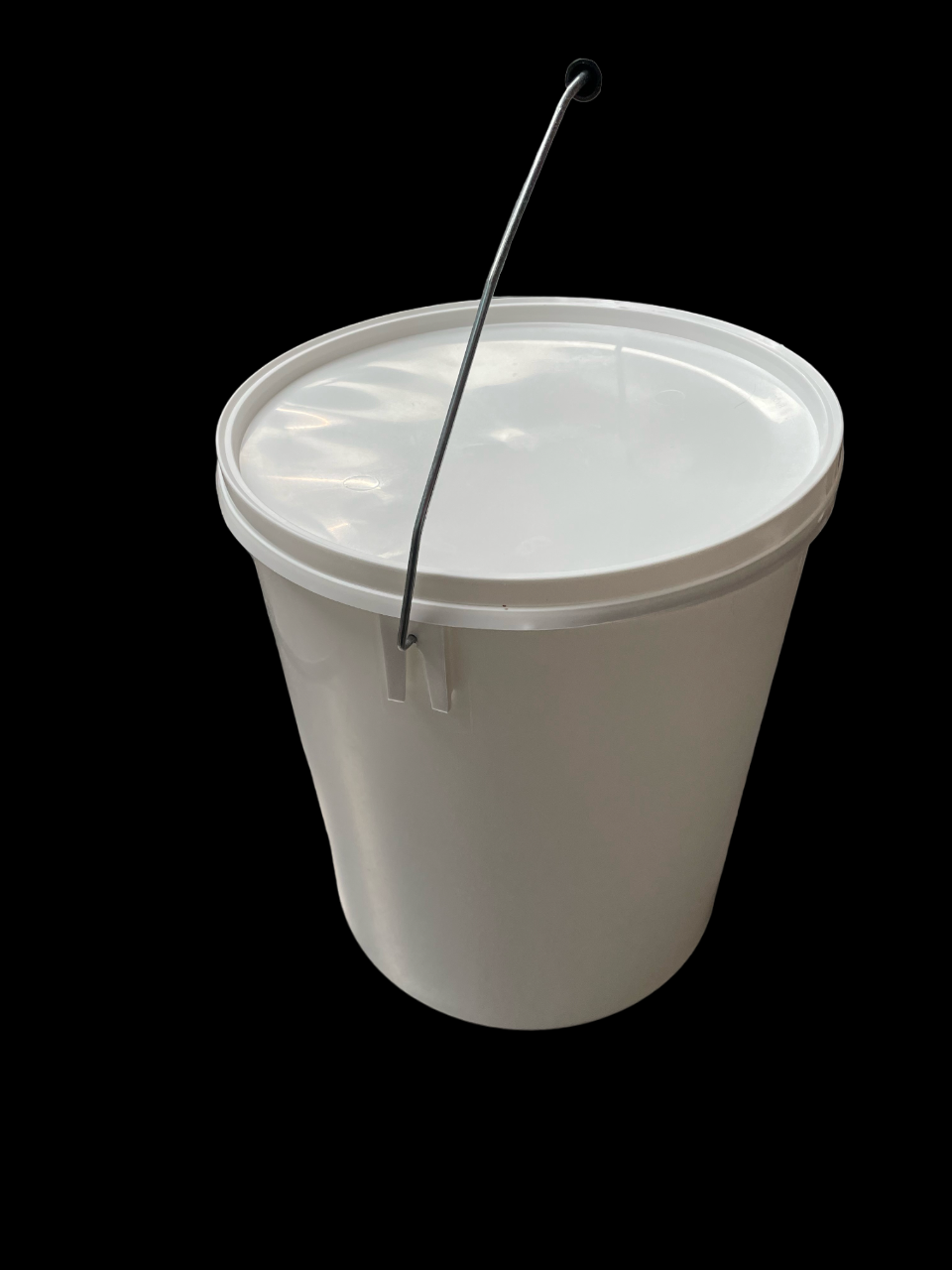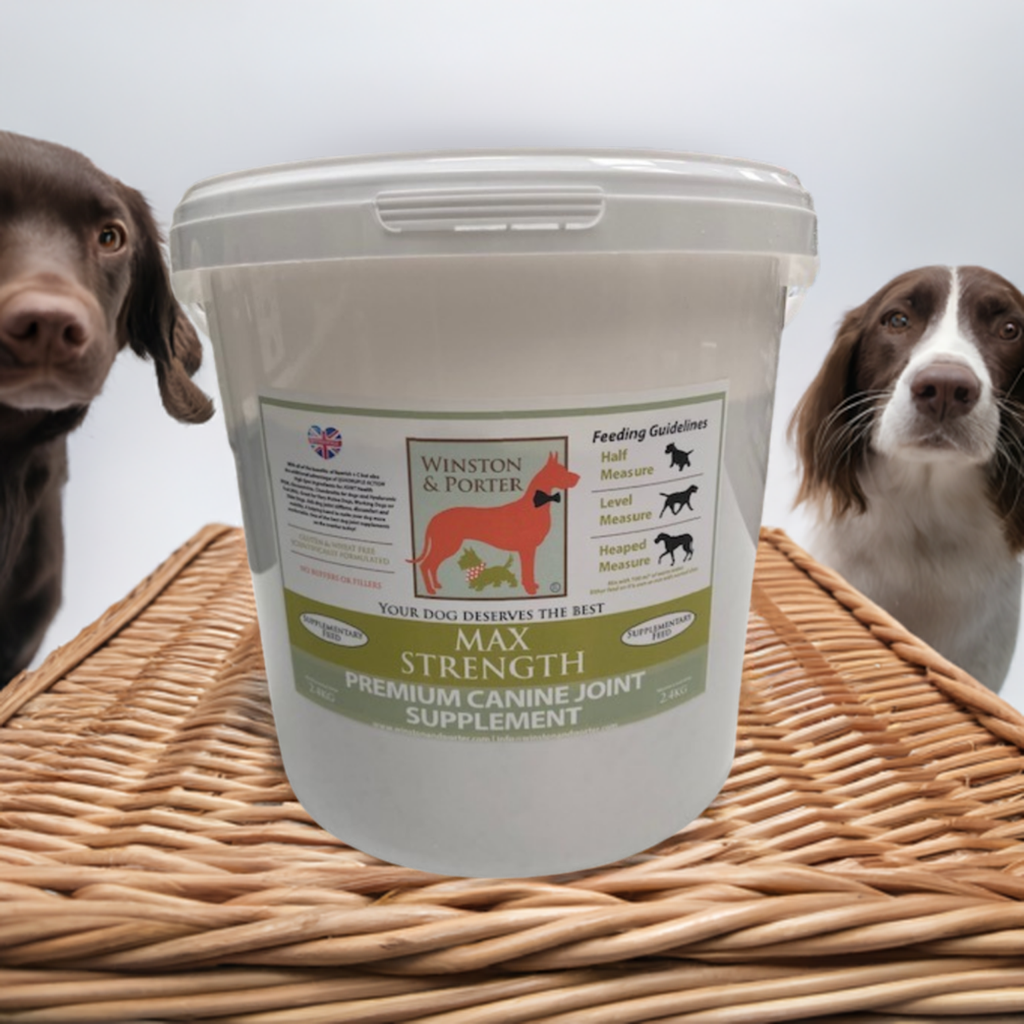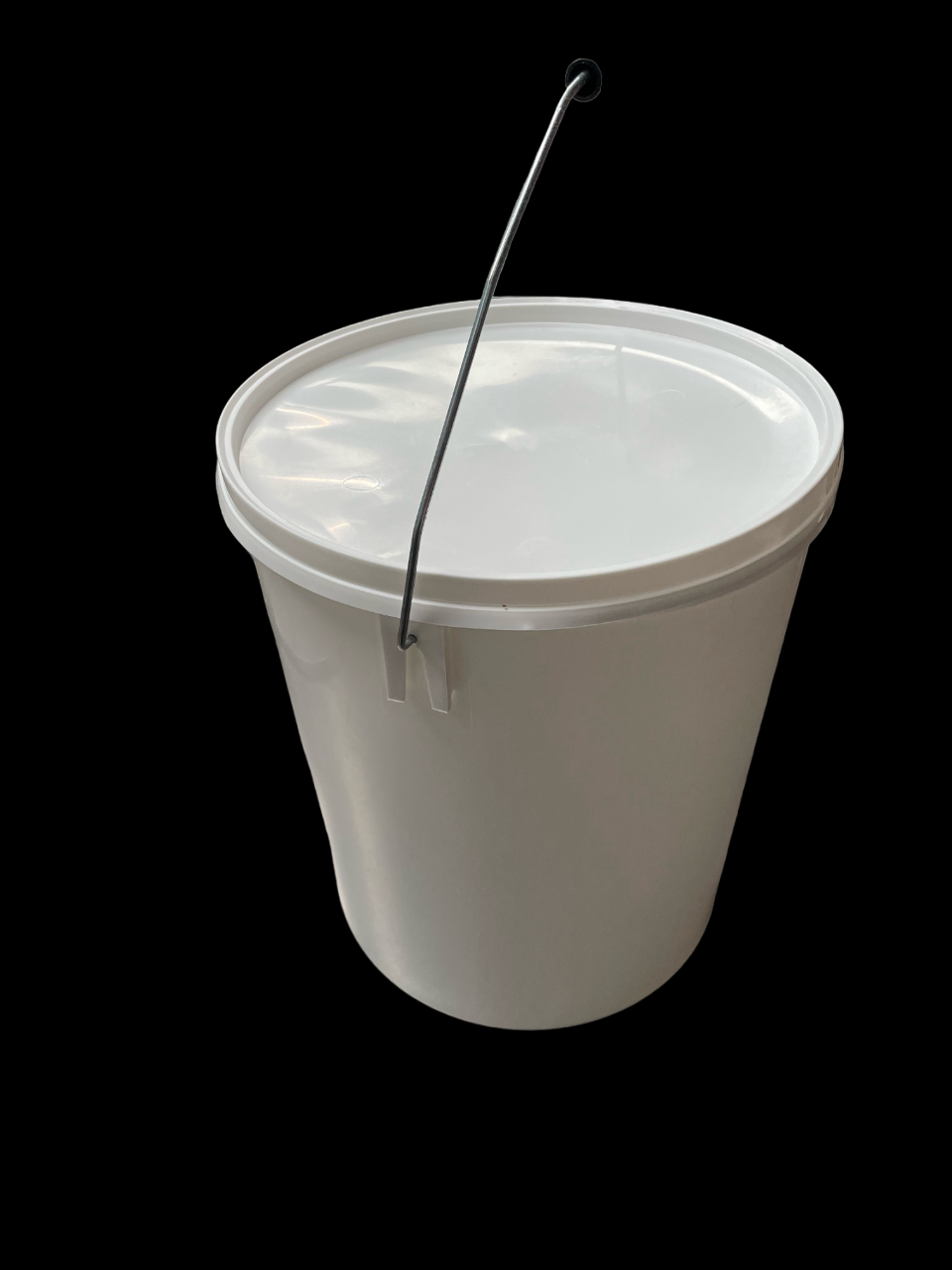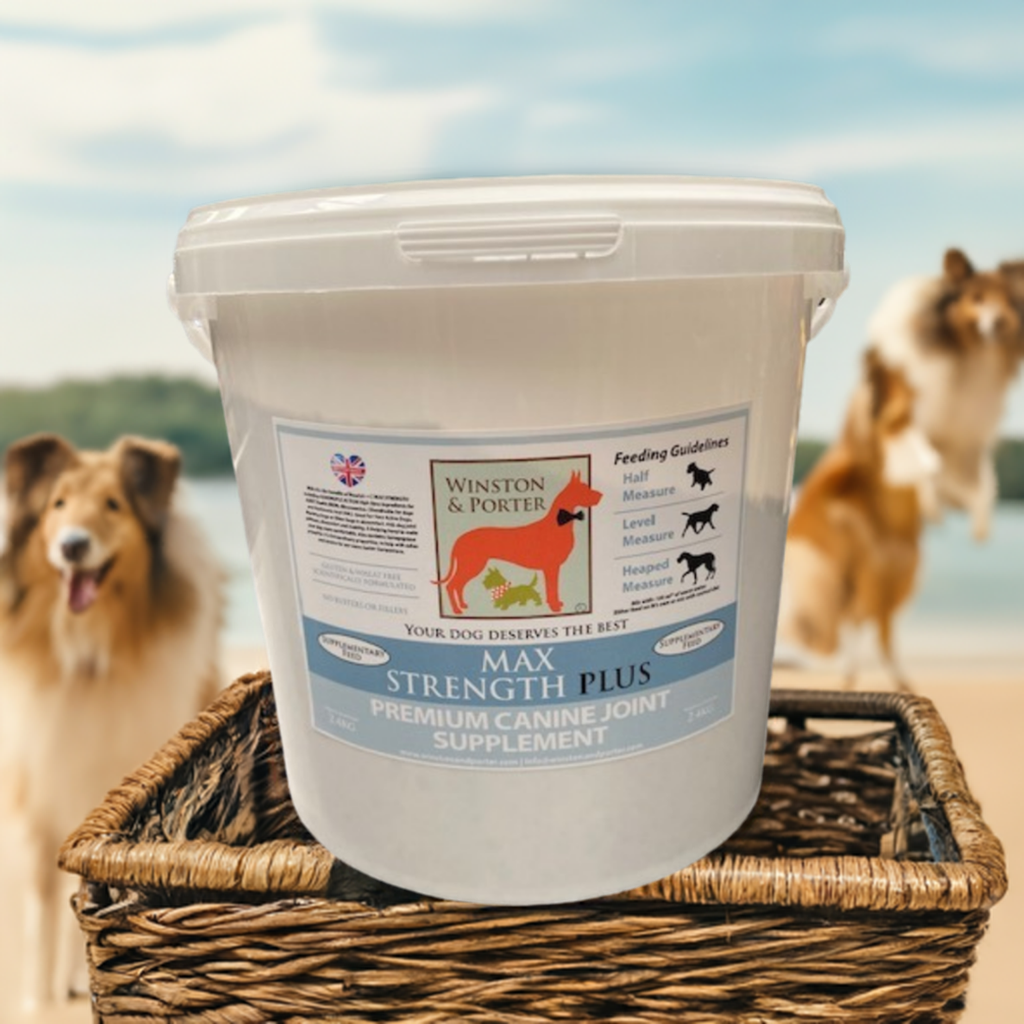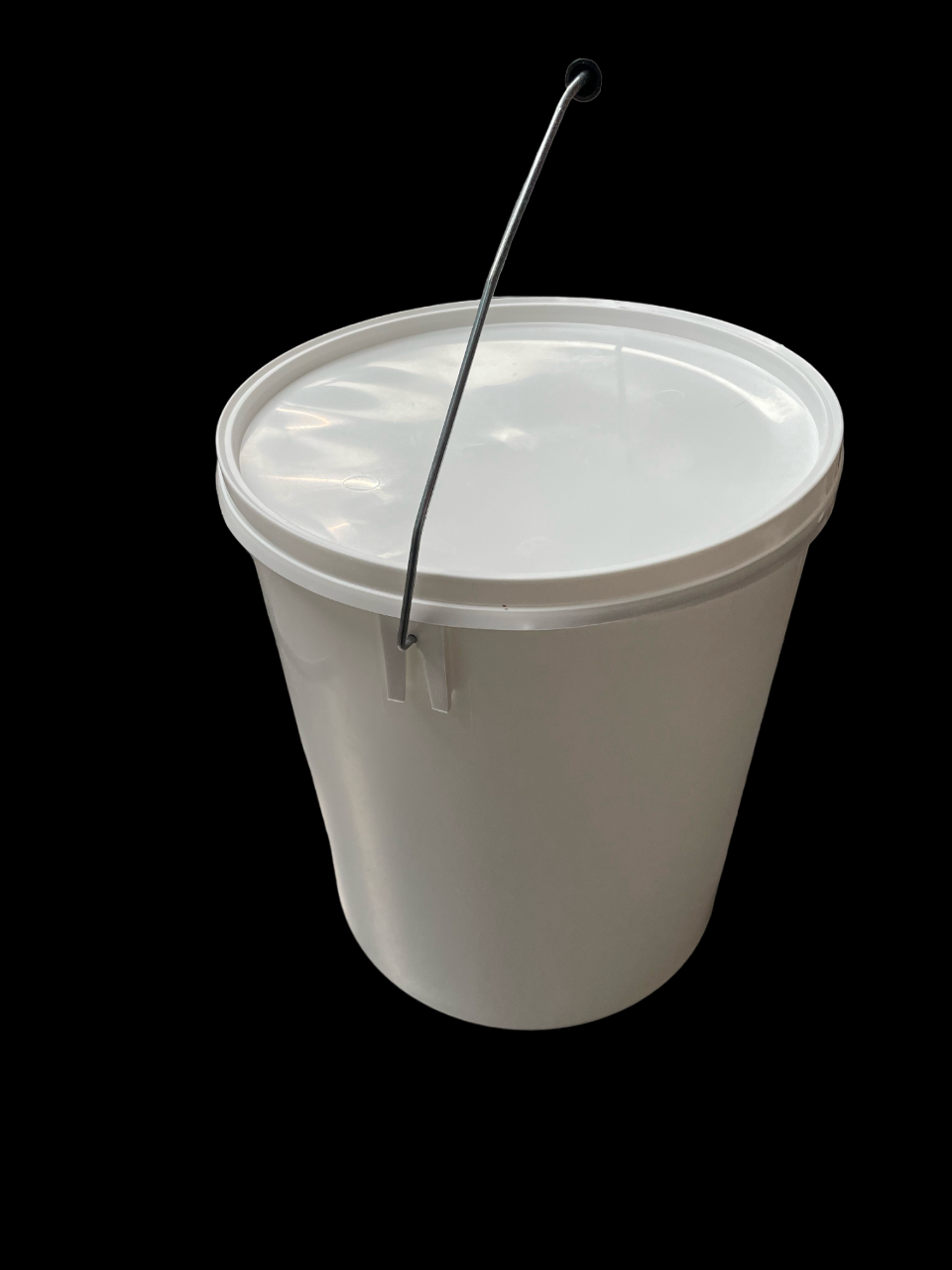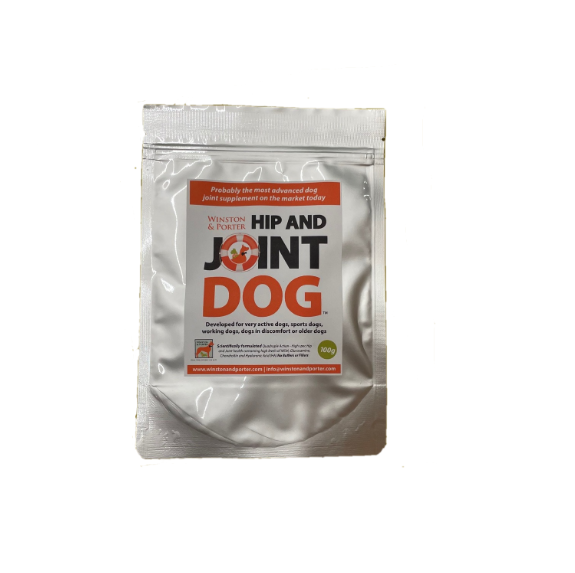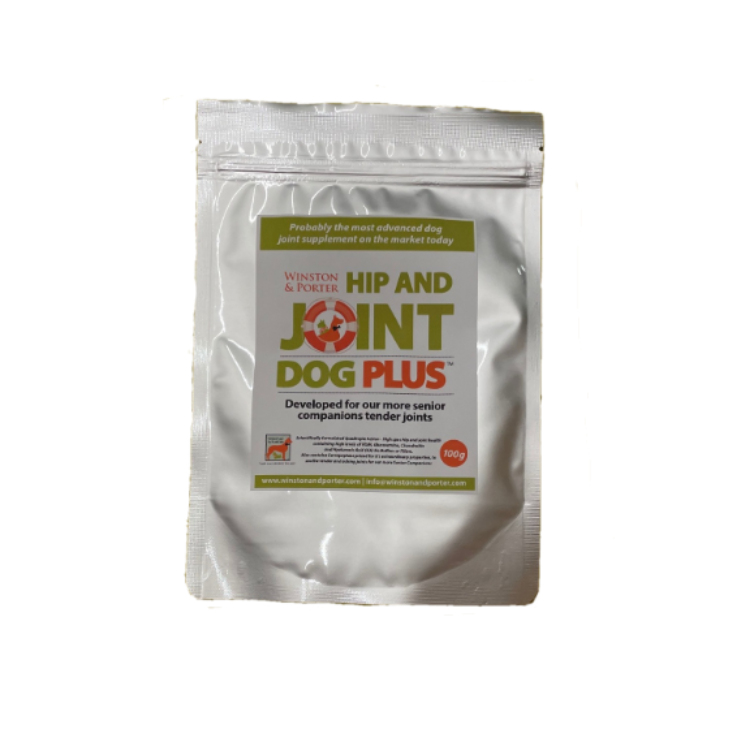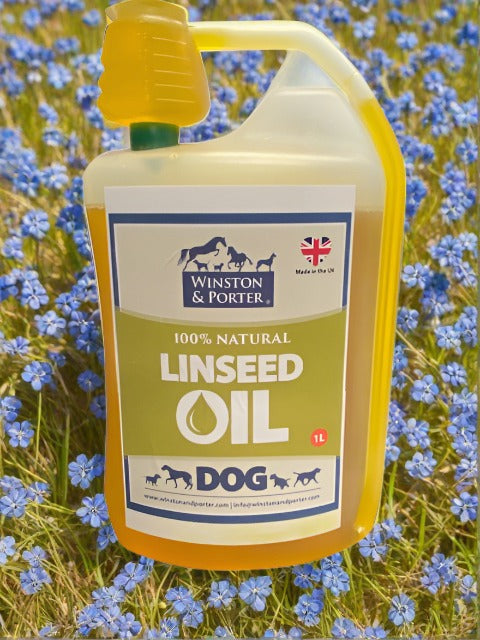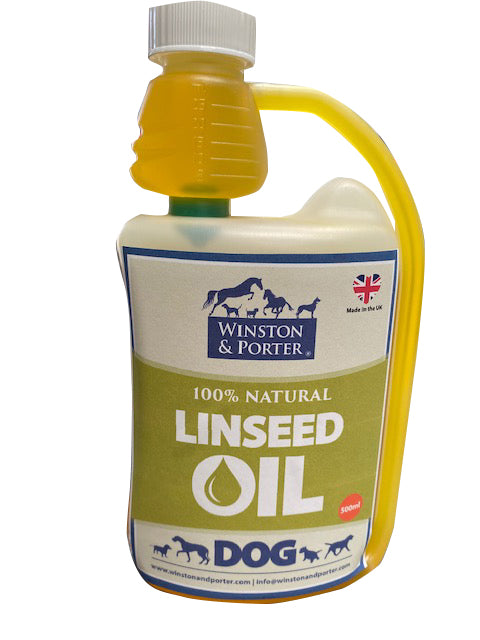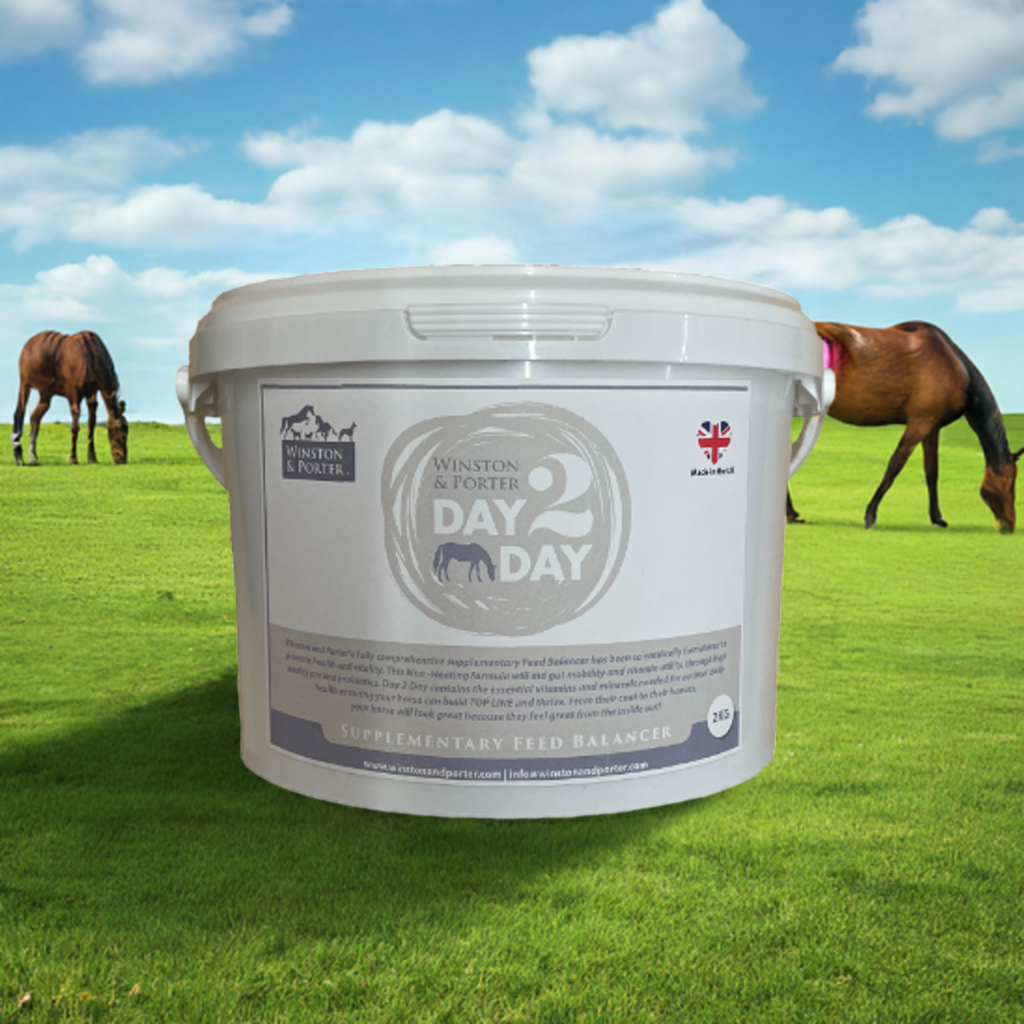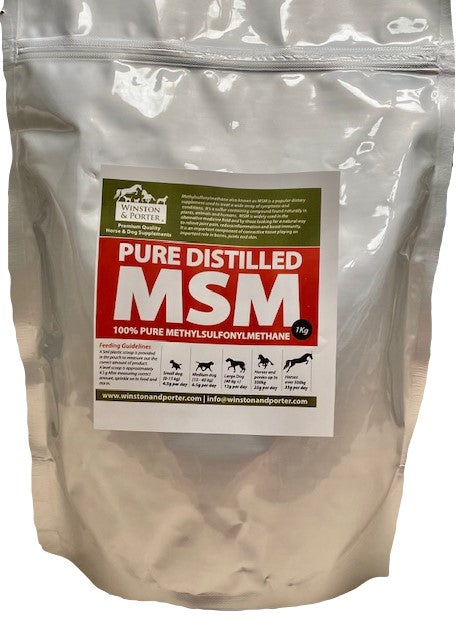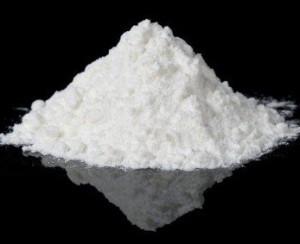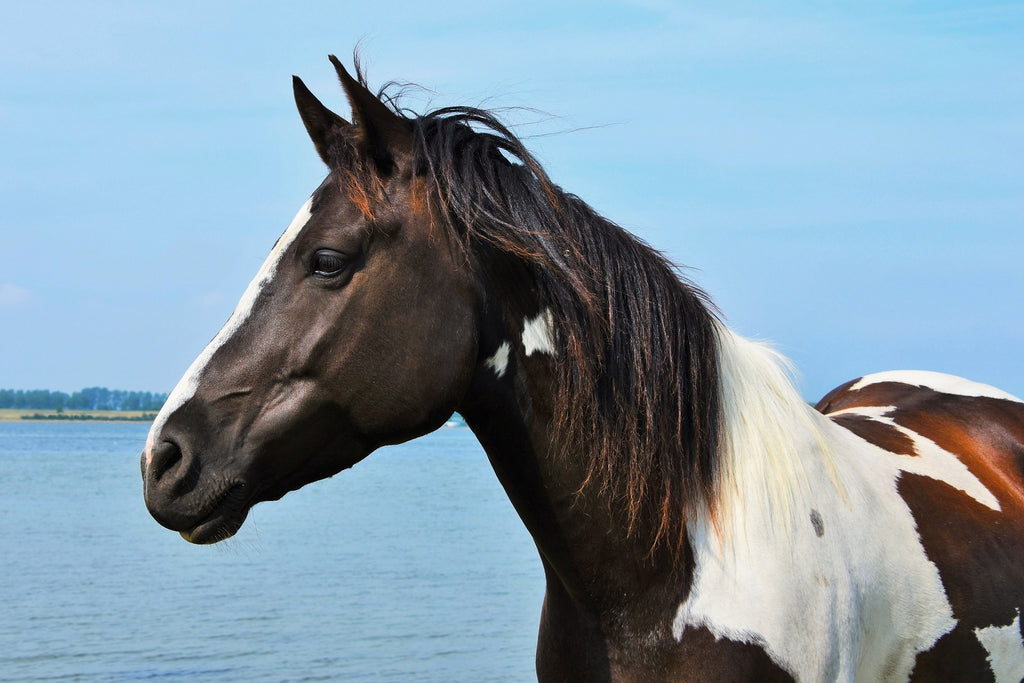
The Benefits of Feeding Chia Seeds to Horses - A Comprehensive Guide

The chia seed has been used for centuries as a natural dietary supplement, and it is now being used as a healthy and nutritious addition to the diets of horses. Feeding chia seeds to horses can have a number of beneficial effects, including improved digestion, improved coat and joint health, and increased energy levels.
This guide will provide an overview of the many benefits of feeding chia seeds to horses, as well as tips for incorporating chia into your horse’s diet. Chia provides a rich source of omega-3 fatty acids, antioxidants, proteins, and minerals, all of which can help horses reach their full potential. It is important to note that chia should be added to your horse’s diet in moderation and should not replace other important components of their diet. With the appropriate knowledge and information, feeding chia seeds to horses can be an excellent way to promote optimal health and nutrition.
What are chia seeds?
Chia seeds are a type of seed from the mint family. They have a mild, nutty taste and can be either black or white in colour. Chia seeds are a superfood! They are high in protein and fibre, and they are extremely rich in omega-3 fatty acids. Although chia seeds are super nutritious, they don’t have any special feed value. In other words, they don’t contain any nutrients that are essential for the health and growth of horses. However, they are very high in certain nutrients that can help improve the health of horses, especially if fed in moderation. Chia seeds are native to Mexico and Guatemala and have been grown and consumed there for thousands of years. They are now grown in many parts of the world, including the United States. Chia seeds are very easy to grow, and they can be grown in most areas with a moderate climate. In fact, chia is often called a “weed” because it grows very easily and can be very hard to eradicate. In the last few decades, chia has seen a resurgence in popularity as people have begun to recognize the many benefits of feeding chia seeds to horses.
Nutritional Benefits of Chia for Horses
Chia seeds are an excellent source of protein, minerals, and antioxidants, which can help improve the health of horses and promote optimum performance. Protein - Chia seeds are very high in protein, providing about 18% of a horse’s daily protein requirement per 100 grams. This is slightly higher than the protein percentage found in alfalfa, which is generally considered to be a high-quality protein source. Minerals - Chia seeds are a rich source of important minerals, including calcium, copper, iron, magnesium, manganese, niacin, phosphorous, potassium, and zinc. Antioxidants - Chia seeds also provide significant amounts of antioxidants, which can help minimise free radical damage and promote overall health and wellness.
Benefits of Feeding Chia Seeds to Horses
As mentioned above, chia seeds are extremely nutritious and can provide a number of benefits to horses when fed in moderation. Horses can benefit from chia seeds in numerous ways, including improved digestion, improved coat and joint health, and increased energy levels.
Improved Digestion - Chia seeds contain both soluble and insoluble fibre, which can help improve a horse’s digestive health. Insoluble fibre, which is also found in hay and pasture, helps to scrub the digestive tract and remove waste, while soluble fibre helps to keep the digestive tract moving smoothly.
Improved Coat and Joint Health - The high mineral content of chia seeds can also have a positive effect on a horse’s coat and joint health. The minerals in chia, particularly calcium, copper, and iron, are essential for proper bone health, and they can also help strengthen a horse’s coat.
Chia seeds and inflammation - They are also known for their properties in treating inflammation, and added to the diet of a horse who suffers from inflammation may be beneficial.
Increased Energy Levels - The rich nutritional content of chia seeds can also contribute to higher energy levels in horses, which is particularly beneficial for performance horses. This chia seeds energy is something which the ancient civilization of the Aztecs capitalised on. They regularly used chia seeds in their diets and would run hundreds of miles from one village to the next to pass messages on - stocking up on chia seeds before they did so!
Tips for Incorporating Chia Seeds into a Horse’s Diet
As with any feed, it is important to follow the feeding instructions on the bag. Chia seeds can be fed to horses at any time of the day, whether they are on pasture or housed, and they can be added to any type of feed, including hay, grain, and pellets. Chia seeds can even be soaked and added to water for extra hydration and nutrition! It is important not to feed chia seeds to breeding mares due to their high copper content. While chia seeds are very nutritious and provide many benefits to horses, they can also have a few downsides. Due to their high omega-3 fatty acid content, they can go off quickly if they are not stored properly. They should be stored in an airtight container in a cool, dry place, where they will keep fresh for up to a year. In addition, chia seeds are very high in fibre, which may cause digestive issues in horses that are not accustomed to eating them. However, once a horse has adjusted to eating chia seeds, the benefits can be very high.
Potential Side Effects of Feeding Chia Seeds to Horses
As previously mentioned, chia seeds should not be fed to breeding mares due to their high copper content. Horses that are fed chia seeds should be monitored for signs of digestive discomfort, such as colic, diarrhoea, and abdominal pain. Chia seeds also contain a high amount of omega-3 fatty acids, which can be problematic for horses that are grain-fed and have been given corn as a supplement. Most commercial feeds are high in corn, and too much omega-3 in the diet can cause a condition called “grain overload.” Grain overload occurs when a horse has a higher proportion of omega-3 fatty acids in their diet than what is provided by the feed, and it can cause inflammation in the digestive tract.
Conclusion
Chia seeds are an excellent source of nutrition for horses, providing them with a variety of minerals and antioxidants that can promote overall health and wellness. They can also help improve a horse’s digestive health, promote stronger and shinier coats, and increase their energy levels. Chia seeds are easy to feed and can be added to any type of feed, including hay, grain, and pellets. Although chia seeds can be beneficial for horses, they can also have a few drawbacks, such as going rancid quickly and causing digestive issues in horses that are not used to eating them. Overall, chia seeds are a very nutritious addition to a horse’s diet, and they can provide many benefits when fed in moderation.
Here at Winston and Porter, the chia seeds we stock for horses, Just Chia Seeds, are natural and human grade quality.
Just as a side note, chia seeds are not just great for horses, but also for dogs and for humans. Chia seeds are good for weight loss, for treating high blood pressure, cholesterol and chia seeds are good for diabetic patients. As mentioned earlier they are a great source of protein, fibre and the treatment of constipation.
Chia seeds in Food - They are great added to cereal, yoghurt, salad and as a chia seed tea or chia smoothie.The options are endless.






